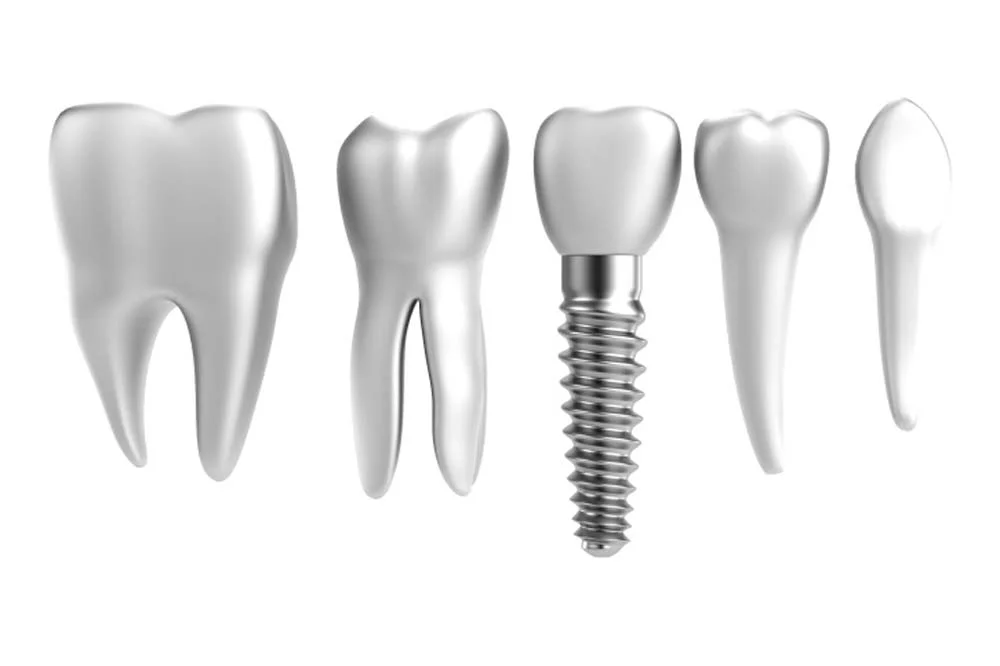Implanthology

Implantology is a field of dentistry that focuses on dental implants, which are artificial tooth roots used to support dental restorations like crowns, bridges, or dentures. Implantology has advanced significantly in recent years, offering various applications and techniques. Here are some common applications of implantology:
- Single Tooth Replacement:
- Dental implants can replace a single missing tooth without affecting adjacent teeth. An implant is surgically placed into the jawbone and topped with a crown to resemble a natural tooth.
- Multiple Tooth Replacement:
- Implants can support dental bridges, replacing several missing teeth in a row. This avoids the need to rely on neighboring teeth for support.
- Full Arch Replacement:
- Dental implants can be used to support full arch prostheses, providing a stable and comfortable solution for individuals with missing or severely damaged teeth.
- Implant-Supported Dentures:
- Traditional removable dentures can be secured with dental implants, offering improved stability and comfort for the wearer.
- All-on-4 and All-on-6 Concepts:
- These concepts involve strategically placing a reduced number of implants to support a full arch of teeth. This can provide a cost-effective and efficient solution for full arch restoration.
- Bone Augmentation and Grafting:
- In cases where the jawbone lacks sufficient density or volume to support implants, bone augmentation techniques can be used to build up the bone using grafting materials.
- Sinus Lift:
- A sinus lift procedure involves lifting the sinus membrane to create space for bone grafting in the upper jaw, allowing for successful implant placement.
- Immediate Implant Placement:
- In some cases, implants can be placed immediately after a tooth extraction, reducing the overall treatment time.
- Digital Planning and Guided Surgery:
- Advanced imaging technologies and computer-guided surgery tools allow for precise planning and placement of implants, enhancing the predictability and success of the procedure.
- Mini Dental Implants:
Smaller-sized implants, known as mini dental implants, can be used in cases where traditional implants are not suitable due to bone limitations.


